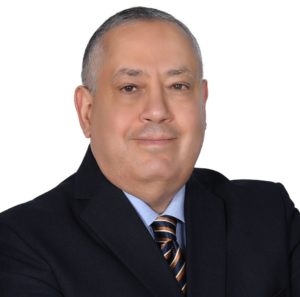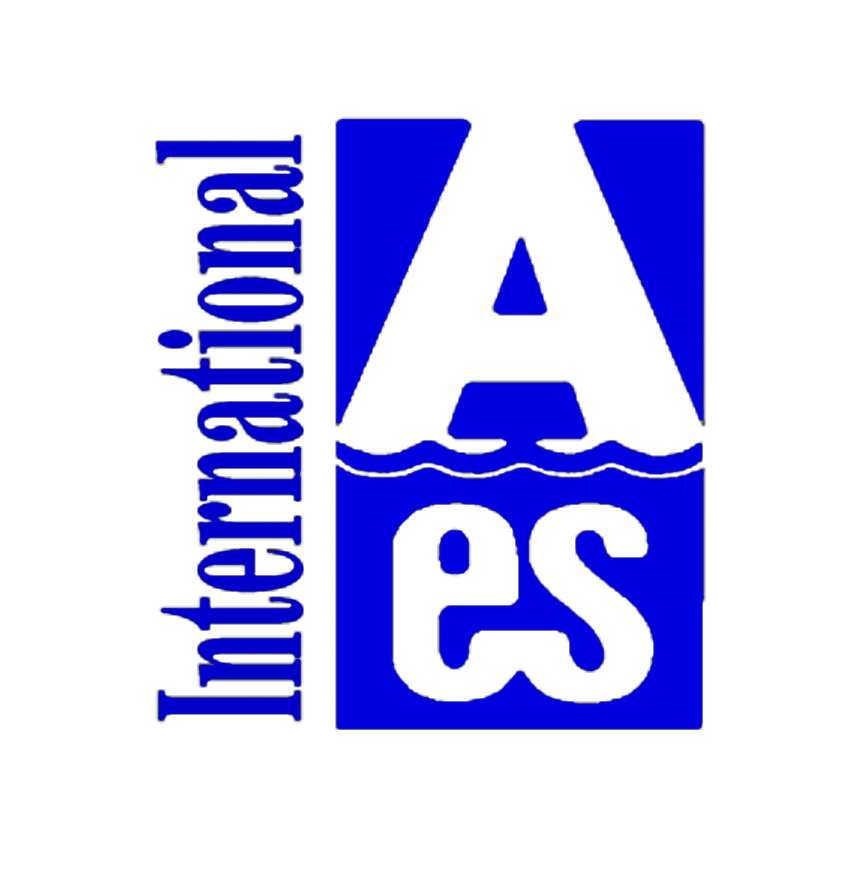Dr. Wasseem Mina

Dr. Wasseem Mina
Dr. Wasseem Mina is an Associate Professor of Economics at the United Arab Emirates University (UAEU). He earned his Ph.D. in Economics from the Andrew Young School of Policy Studies at Georgia State University, M.A. from the University of Manchester, and B.A. from the American University in Cairo. His research is on foreign direct investment in the Gulf Cooperation Council (GCC) countries, international lending and IMF programs, debt maturity and institutions, international property rights protection and bilateral investment treaties, labor markets and social protection, financial development and social protection, social cohesion and capital flows, determinants of youth unemployment in Arab countries, and the determinants of female youth unemployment in the GCC countries. His most recent publications address the relationship between social protection and labor markets, the relationship between labor markets and female youth unemployment in the GCC countries, and the relationship between social protection and remittances.
He was a Visiting Professor of Economics at the Andrew Young School of Policy Studies, and a Visiting Scholar at the IMF Institute of the IMF, the United Nations University – World Institute for Development Economics Research, and the International Center for Public Policy at the Andrew Young School of Policy Studies at Georgia State University. Before obtaining his Ph.D., he worked as a foreign service national economist at the United States Agency for International Development (Cairo mission) for five years focusing on policy reforms in the financial sector.
While teaching at Georgia State University – as a Ph.D. candidate, Professor Mina received an excellence in teaching award for teaching principles, theory of macroeconomics, and Global Economy courses. At UAEU, he teaches undergraduate courses in economics: Public Economics, Theory of Microeconomics, Applied Economics of the Middle East, and the Principles of Microeconomics and Macroeconomics.
Why did you become a member of the International Atlantic Economic Society?
The International Atlantic Economic Society is one of the professional economic societies that I came to know and decided to join while I was doing my PhD in Economics at Georgia State University. In October 2015, I presented a paper entitled “Institutional Clusters and FDI Flows to the MENA Region” at the IAES conference in Boston, MA.
Before 2020 – the start of the COVID-19 pandemic, physical travel was a must for conference participation. This constituted a barrier for conference participation in general. I hope virtual conference participation and discounted conference submission and registration fees would encourage more IAES conference participation from overseas, in particular from African countries.
What types of projects/research are you currently working on and what inspired/motivated you to pursue these interests?
I am currently working on a number of projects. The first is labor markets and youth unemployment in the MENA region. Youth unemployment is high in some MENA countries, which deprives these economies of resources and growth potential. Additionally, youth unemployment can be potentially demoralizing and threatening the stability and cohesion of societies.
The second project is on social protection, the need for which has increased significantly since the COVID-19 pandemic and subsequent global slowdown. I have already explored the relationship between labor markets and social protection in my published articles in Applied Economics and Review of Development Finance. Currently, I am looking into the relationship between financial development and social protection. This is a collaborative project motivated by a discussion with a colleague of mine, Sasidaran Gopalan, who did research on financial development. Financial inclusion, which is an aspect of financial development, can help governments reach those working in the informal sector, the marginalized, and the elderly. By increasing the access to financial institutions, financial inclusion can be indicative of modernization and development. According to the modernization theory, social protection is associated with more modernized and developed societies. Therefore, from these perspectives, financial inclusion and development are positively associated with social protection.
What advice would you give to someone who is considering entering your line of work/field of study?
First, enjoy what you are doing; if you don’t enjoy it, do not do it. Second, be inquisitive. As you pursue your inquiry, be objective and independent. Third, be determined and persistent. You will be very lucky if audiences appreciate and value your findings. Not all audiences are with you on the same boat heading in the same direction or facing the same wind. Fourth, you have got to decide whether you want to pursue quality or quantity in research and publications. The path for each may be different. Finally, my advice is based on my personal experience. It may be complete nonsense to you!
Going forward, what other projects/research are you planning to or hoping to pursue?
I am hoping to finish several papers on the relationship between social cohesion, investment, and growth and the political economy of social contracts, education quality and unemployment in the GCC countries. There are a couple of new projects and lines of research on the political economy of trade and corruption, and labor markets and health spending.
What’s your favorite hobby?
The short answer is currently walking and playing with pets. Walking gives me a chance to meditate and think calmly and clearly, while playing with pets – dogs and cats – gives me a lot of positive energy and trust in truly innocent and loving creatures. Having said this, I have had a number of hobbies at the different stages of life including reading; playing soccer, volleyball and tennis; biking; and collecting stamps before the adoption and spread of internet and emails.

